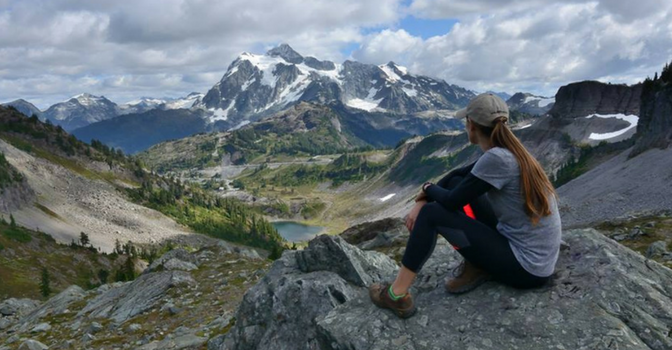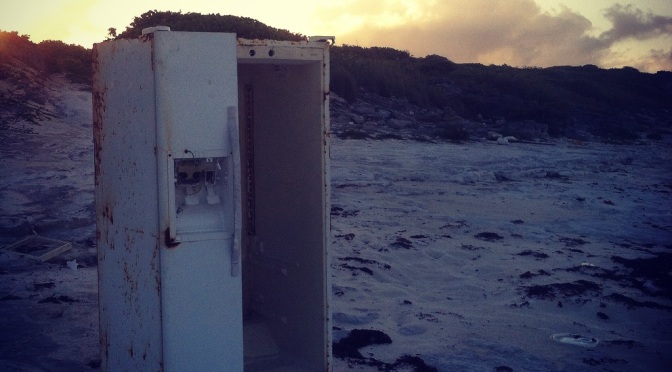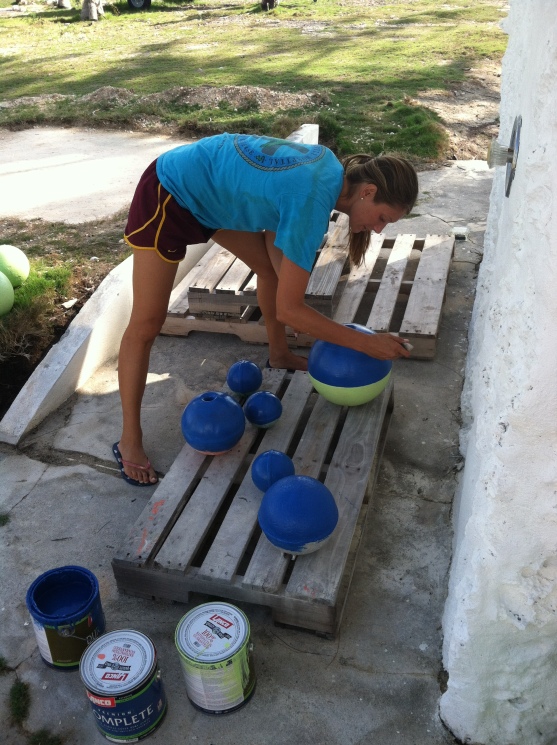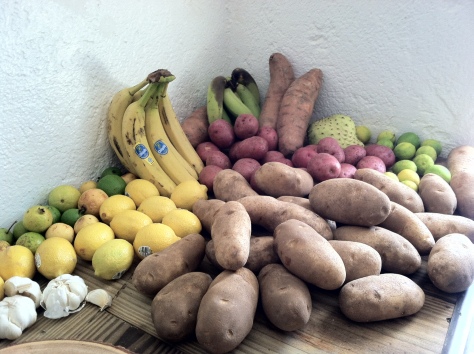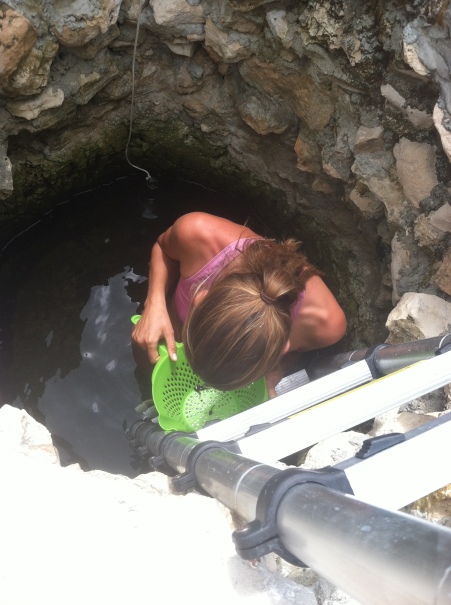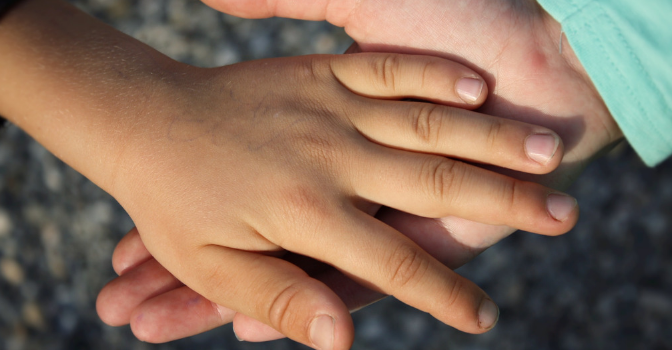Ten months ago, I thought life as I knew it would never be the same. In a way, I was right. I am a stronger person than I was 10 months ago and a better version of myself. But the difference is that I thought my world had been zapped of sunshine and butterflies, that I would forever be spluttering, drowning, splashing but never surfacing for a breath of air. I hated my new normal but it didn’t feel like anything would ever change.
I had forgotten that it was possible to wake up in the morning with a peaceful rhythm in my chest. I had forgotten it was possible to start my day without a tightness that made each breath calculated, or to sleep more than three hours in a night. I had forgotten what it felt like to really, truly live.
People promised me it would get better, but at the time, these seemed like false, rose-colored, unproven words of hope. Because I couldn’t see past the fog, so how could they?
But it did get better.
I have made some big changes since January that have shaped my days to be filled with light instead of darkness.
I went back to therapy.
I started seeing my therapist again and found myself looking forward to our weekly appointments. While I’ve been able to cut back to monthly or even every other month appointments, I still recognize and appreciate the value in having a licensed professional with whom to talk through the ups and downs of life.
I prioritized certain people over others.
Some people in my life have been catalysts to my pain. I cut ties whether directly or indirectly with people who discouraged me, judged me, disrespected me, or were straight up rude or mean to me.
This was extremely difficult for me to do because I really do love humanity, and I really do love the people I surround myself with. But it turned out I only loved some parts of some of these people because there were other parts of them that weren’t good to me or for me. When I realized this, I had a clear idea of who I needed to let go.
I moved.
I still live in Seattle, but I moved in with a new roommate in a new apartment. I feel comfortable in this home environment, something I hadn’t felt for the two years prior. That meant for two years I would go from an uncomfortable work environment (see below) to an uncomfortable living environment every day, which made me unable to unwind and just relax.
My new living situation (which isn’t so new anymore) is working out great. I don’t know what will happen when my lease is up, but I’m surprisingly not worried about it, which shows me how much progress I’ve made.
I got a guinea pig.
Cilantro Clementine aka Clemmy aka the best guinea pig in the world has made my days immensely brighter. She relies on me and I rely on her. When I start to feel anxious, I pick her up (if she isn’t already by my side or in my lap). Just by petting her, or getting kisses from her, or hearing her little noises, my heart is instantly happier. She helps me to remain in the present. It’s truly amazing how a teensy furball can make such a big impact.
I quit my job.
The final straw toward gaining back clarity, peace, and happiness turned out to be quitting my job. For two-and-a-half years, I had stayed afloat in a hostile work environment, thriving professionally but sinking personally. I was often cornered aggressively, literally blocked from escaping a barrage of negative commentary, blamed for things that weren’t my fault, and discredited for pivotal business accomplishments for which I’d gone above and beyond. Without my consent, I was forced to shift from a 32 to 46-hour work week and cover the work of two employees without additional compensation, all the while jeopardizing my creative careers and, most importantly, my mental health.
I had made leaps and bounds in nurturing my health since reaching my lowest low, and I realized this job was the only thing keeping me from progressing.
So I quit. After two years of striving weekly to make changes within the workplace, and a year of casually yet non-directionally looking for other job opportunities, I was exhausted. I had no energy or time to commit to job searching, and so finding a job before quitting simply wasn’t an option. A lot of people are scared to quit without anything lined up, and it certainly can be scary. But I wasn’t rash in this decision. I saved all the money I made from six months of overtime work and set it aside to help me transition.
After my co-worker and I were unjustly yelled at on the end of our shift one evening, I had this “Aha!” moment where I recognized I didn’t deserve to be treated like that. I handed in my resignation the next day. Immediately, I felt that I really was going to be okay after all, that it really does get better. (Coincidentally, on my last day there, I found out I was cast in a theatre show.)
I changed careers.
I also made the decision to leave the veterinary field. Did you know the veterinary profession ranks number one in the national suicide rate? Did you know that veterinary professionals are two to four times more susceptible to mental illness than the general population? In speaking with half a dozen of my friends in the animal field who were also struggling with mental health and the same problems I had with this field of work–such as ethics and compassion fatigue–I thought about what jobs have made me the happiest. I made a list of my skills and objectives, and I set aside time every day (even today) to apply to jobs.
So I made the decision to transition out of the animal world, at least in my previous capacities, at least for now. Around this time, I was also given the opportunity to have my own animal web series, combining my love of animals with my love of writing and acting. It could not have been more serendipitous.
What’s the moral here?
It really can get better, and it will get better if you work at it. That’s the kicker though. It takes so much effort, so much strength and belief in yourself. It takes relying on others, being vulnerable and asking for help, but at the end of the day, it is only you who can pull yourself through to the other side.
It’s easy to doubt yourself and to doubt the words of hope when you feel so helpless and hopeless. But I promise you, it gets better.

